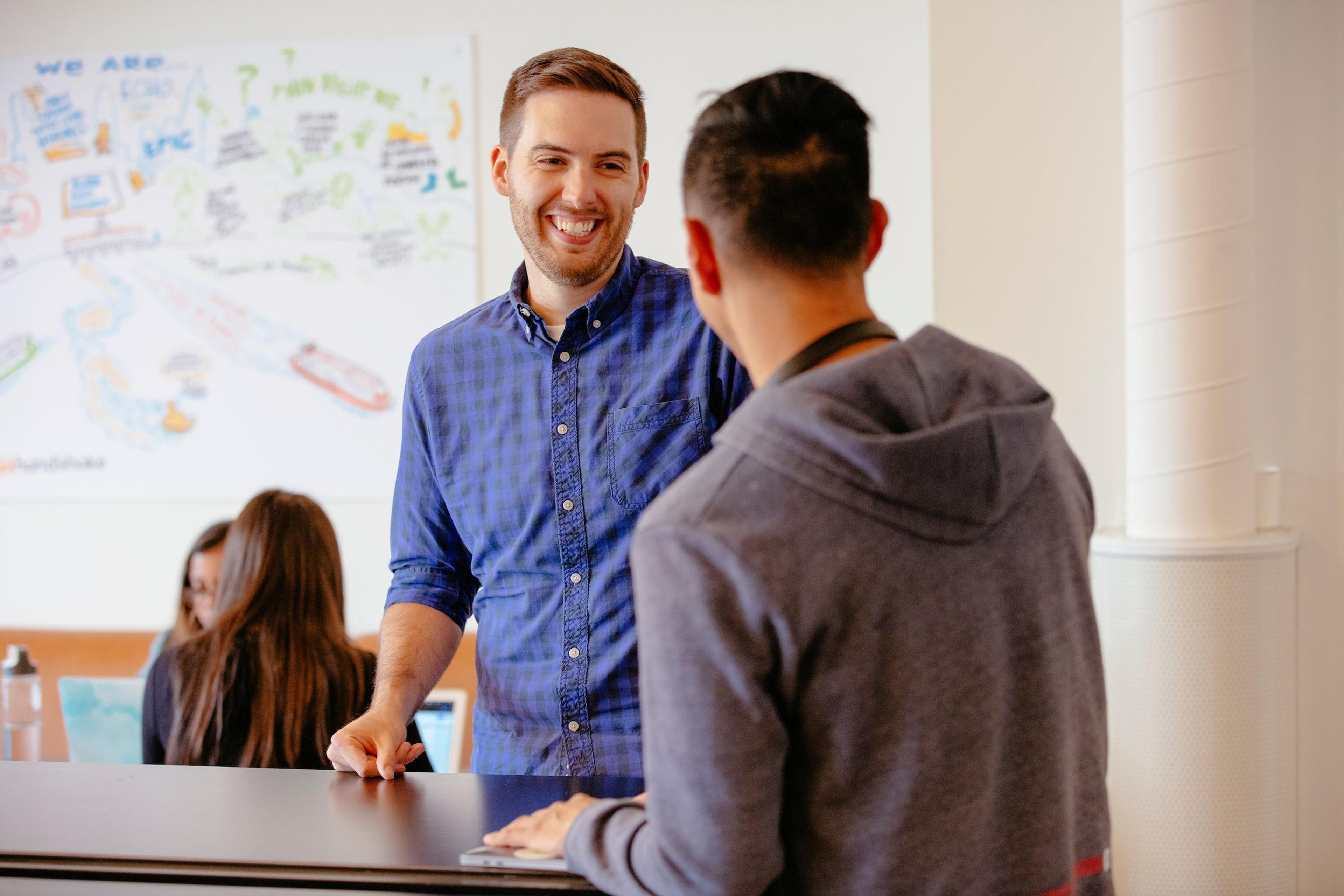How do you feel about your career?
Are you unsure of what you can do with your major? Does it seem like everyone else has it “together” and you don’t know where to start?
It’s not just you. According to Harvard Business Review, “young adults no longer have as clear or straightforward a career path as previous generations did.” More requirements, certifications, and experience for entry-level positions have become a main obstacle for approximately 65% of students who are having trouble finding work.
This lapse in the career paths of many students has widened the perspective of career culture and triggered a new dynamic in the way we work toward our careers. Colleges are becoming increasingly aware of the gap between education and employment, employing and advertising their career services centers. New sites like Handshake are helping students find the right career through personalized job searches and network connections.
But amongst all the modern developments in higher education, there’s been a resurgence. Career counselors are on the come-up. The Bureau of Labor Statistics predicts that the field is growing faster than average, and it’s probably due to the fact that students are seeking more career guidance than ever before.
What does a career counselor do?
Unlike a career advisor or coach—yes, they’re different—who might help with more concrete tasks like practicing networking and interviewing skills, career counselors help you understand your professional path and figure out the right career fit. They can be found working privately, in your community, for the state, or at local colleges, and are often licensed.
How can they help me?
Career counseling sessions are dynamic: they could involve the use of personality and skills assessments, or simple sit-down, one-on-one conversations to help you figure things out. Counselors are tasked with helping you find a career that fits your:
- Desired work-life balance
- Lifestyle
- Salary needs
- Interests, skills, and values
Where can I find a career counselor?
Fortunately, career counselors can be quite accessible if you know where to look.
- Start by asking friends, family, colleagues, or professional acquaintances who may have a helpful connection. Handshake also offers plenty of opportunities to connect with peers and alumni from your school.
- Check the National Career Development Association’s (NCDA) and National Board for Certified Counselors if you’re looking for one who works privately. Note that working with a private counselor may cost more than through your college. If you’re looking for a career counselor who also happens to be a mental health counselor or psychologist, you can find one on Psychology Today.
- Ask around on campus. Your career services center might be able to offer the service or recommend an external career counselor. If you can’t find one at your college, reach out to others locally. They may have their own career offices or refer you to their preferred counselors.
